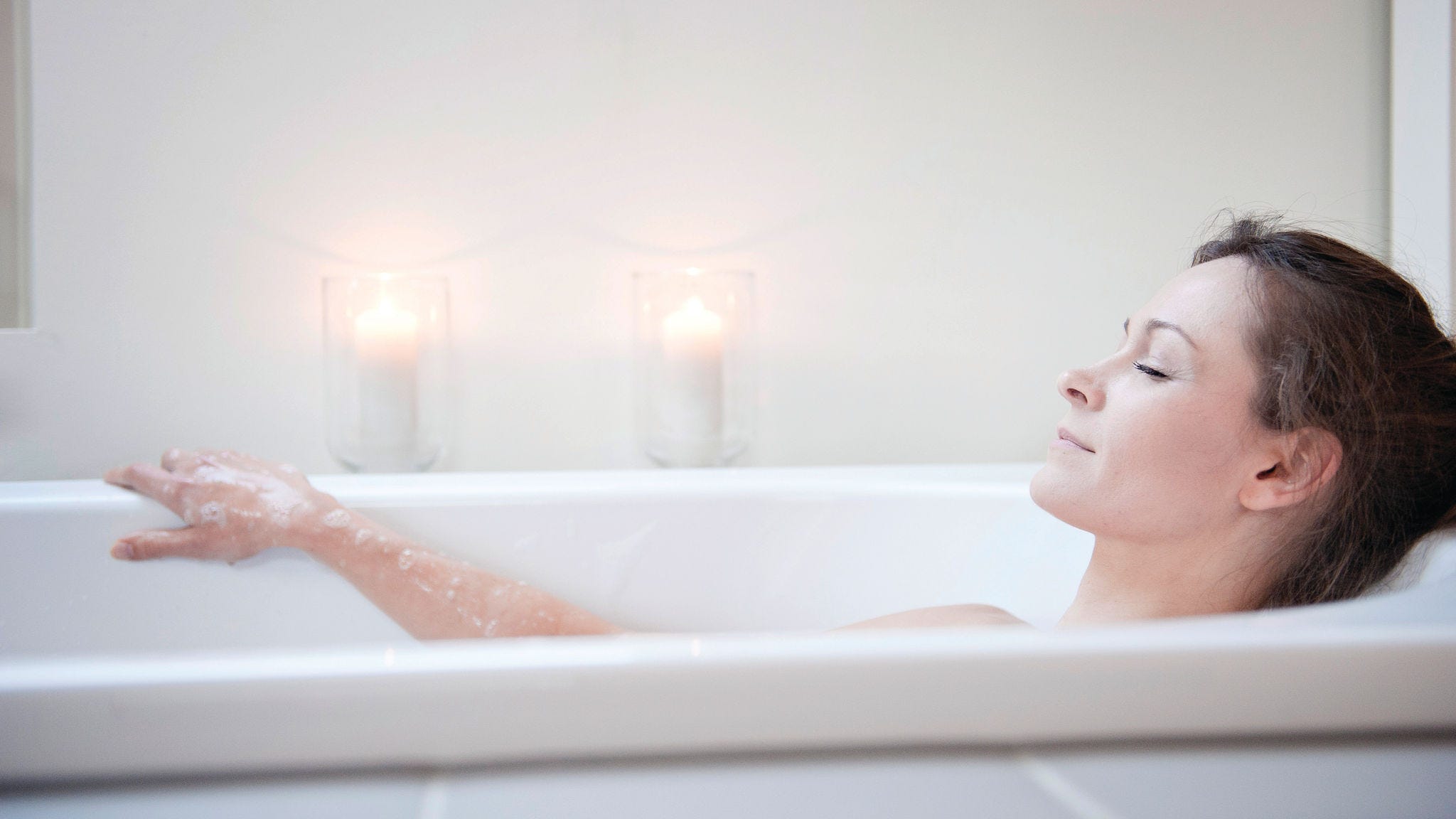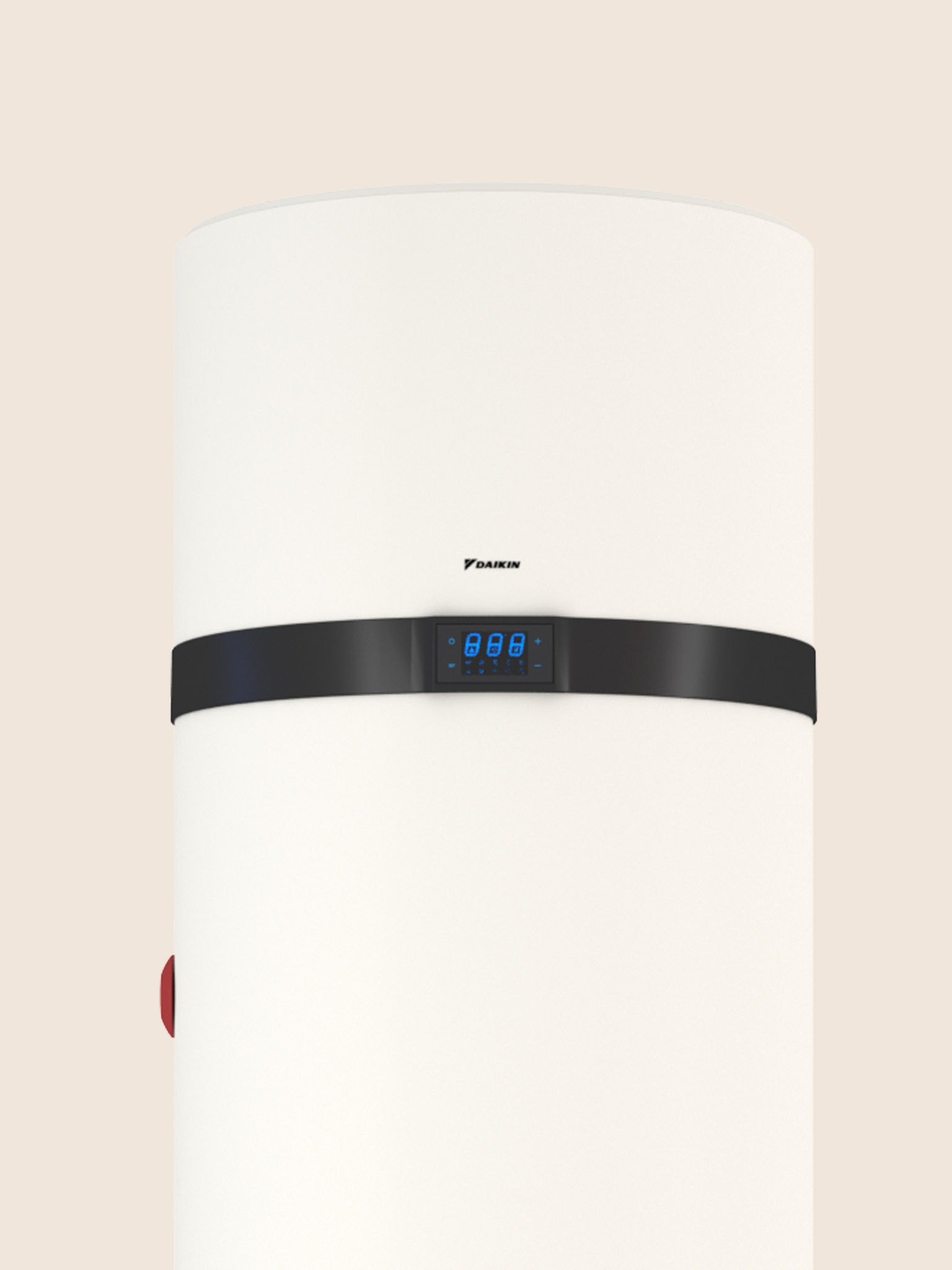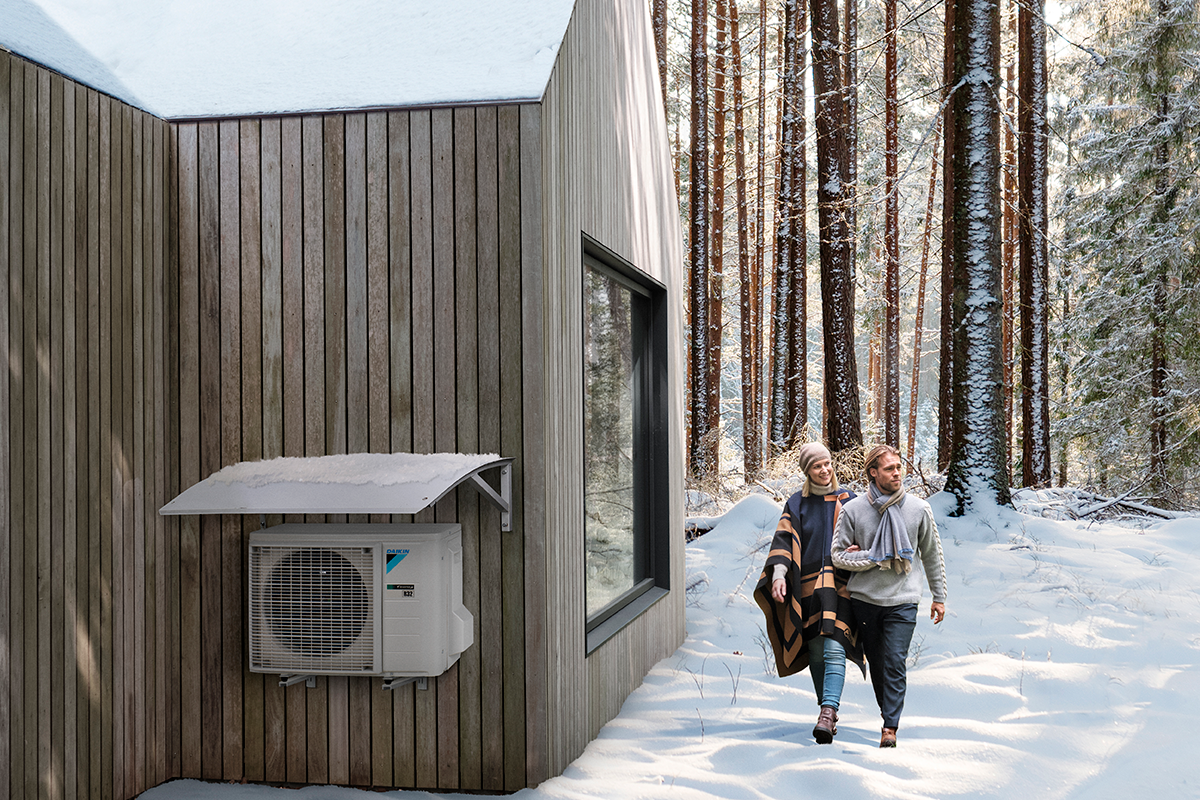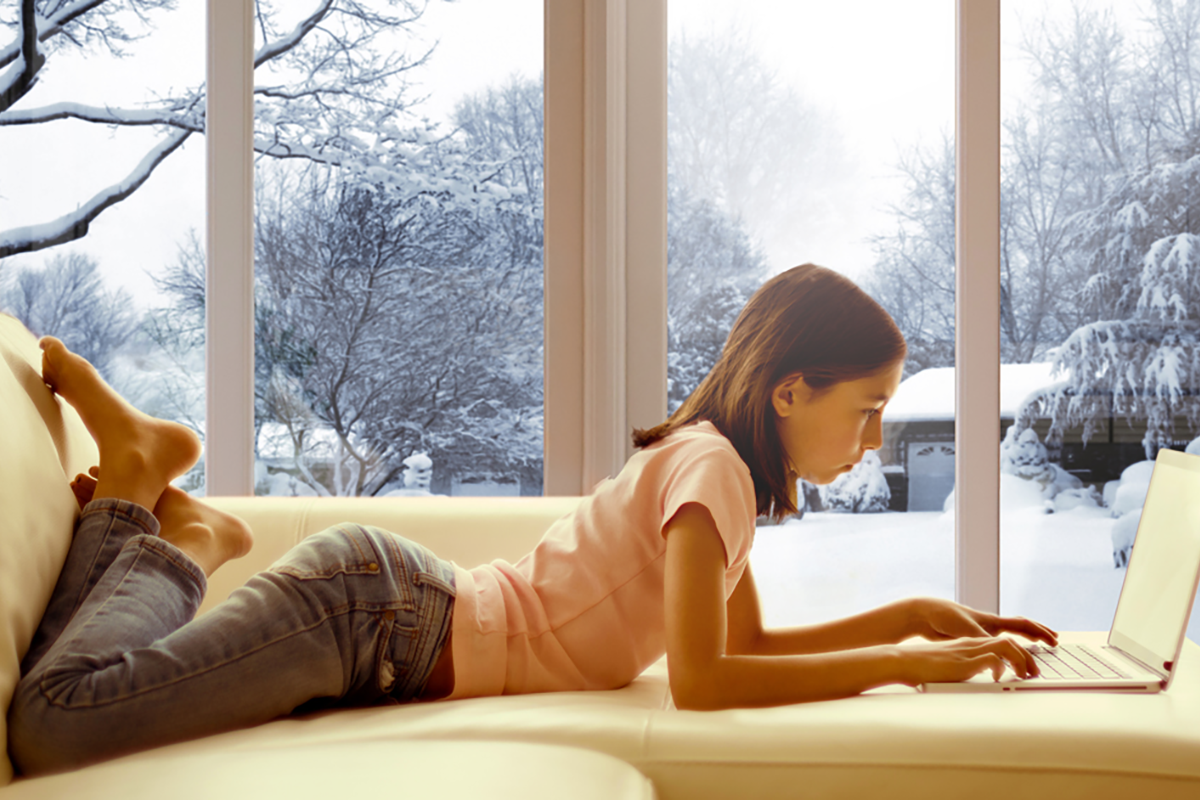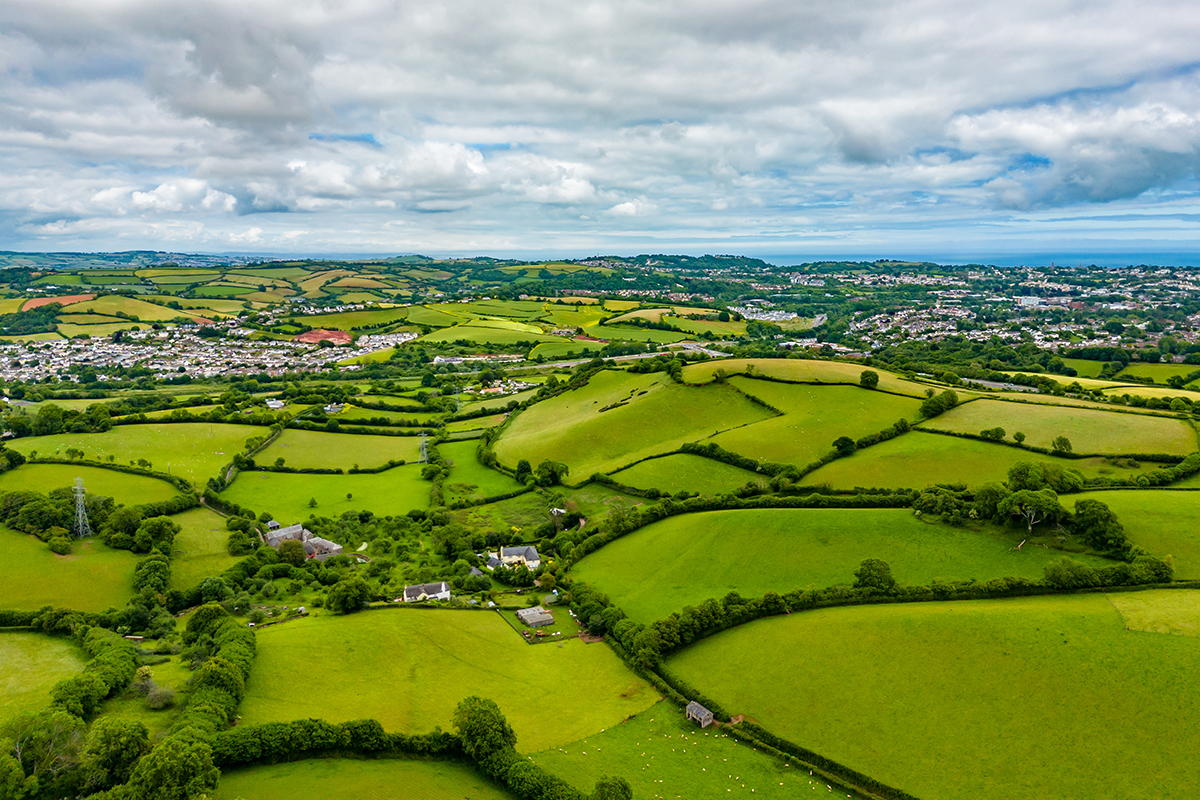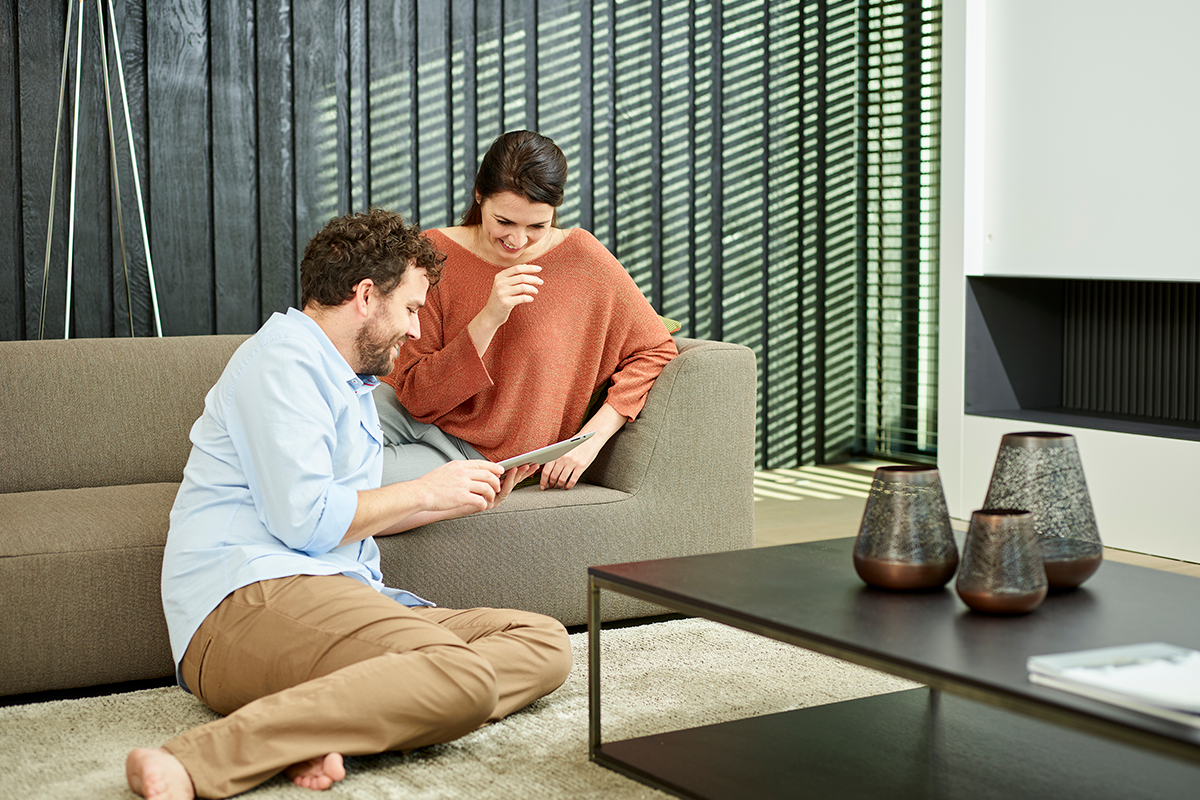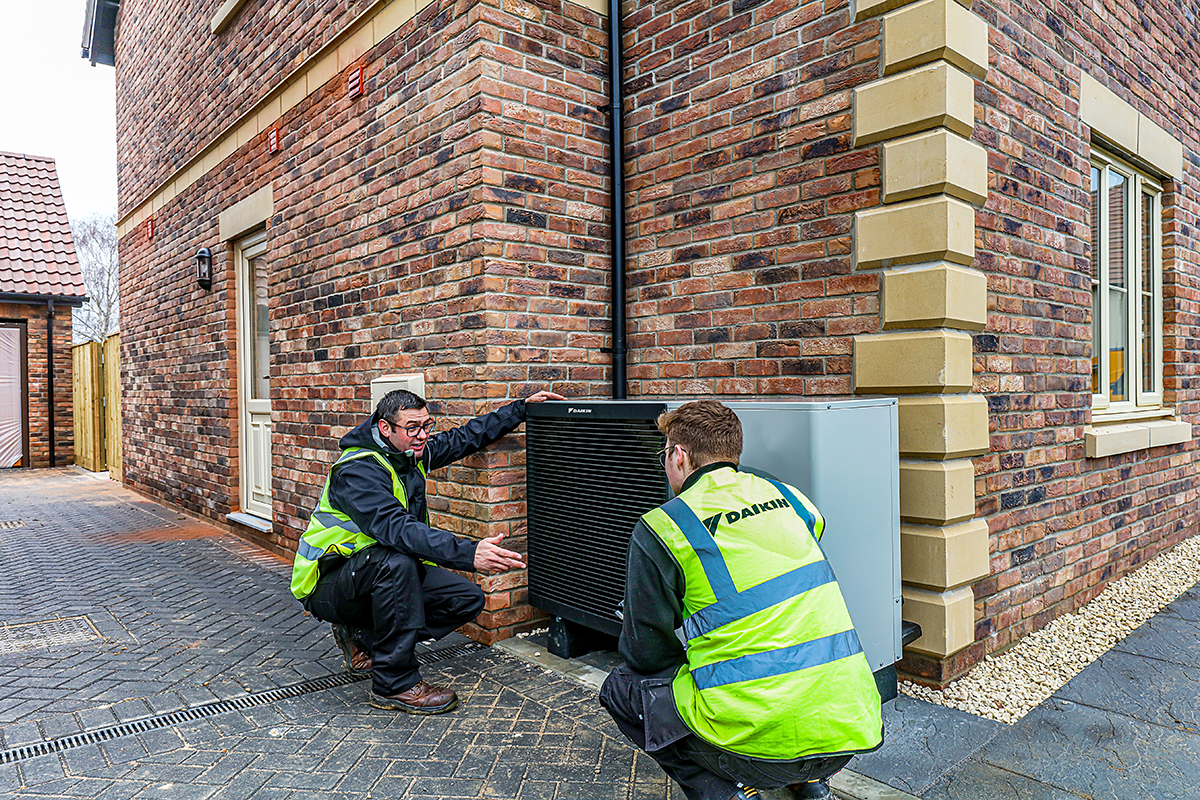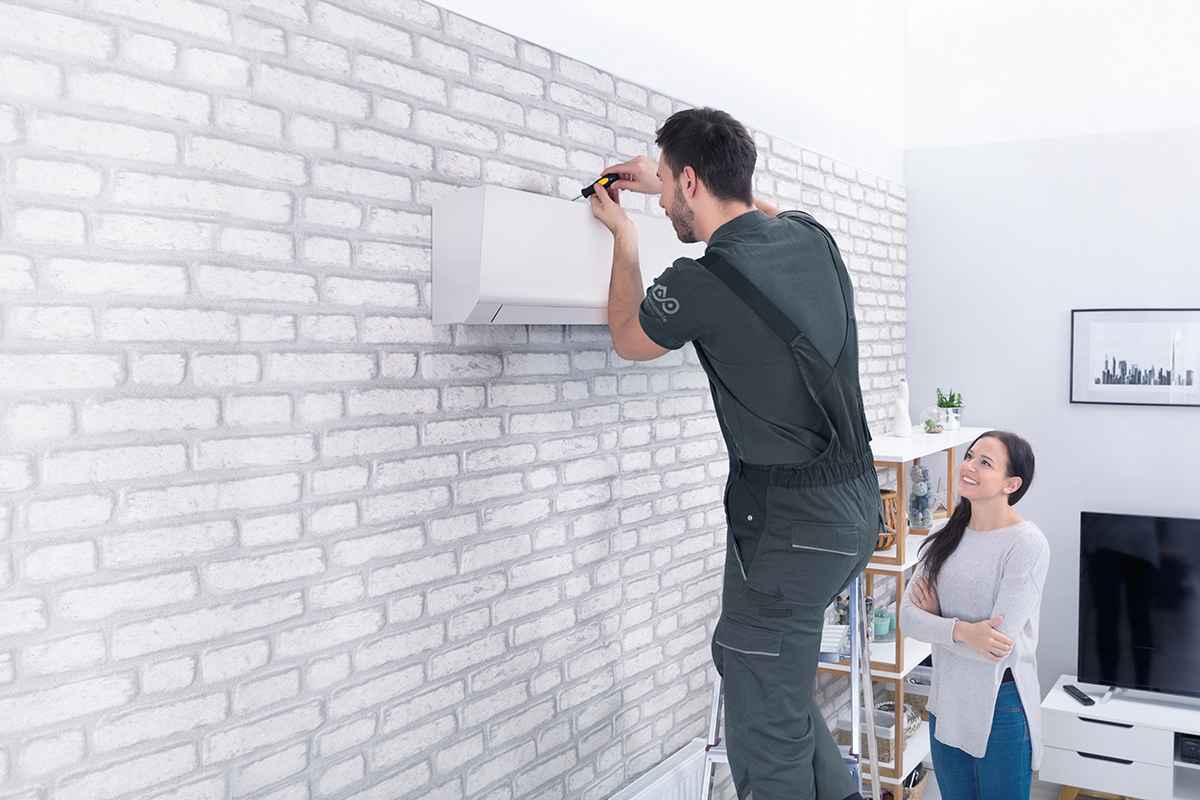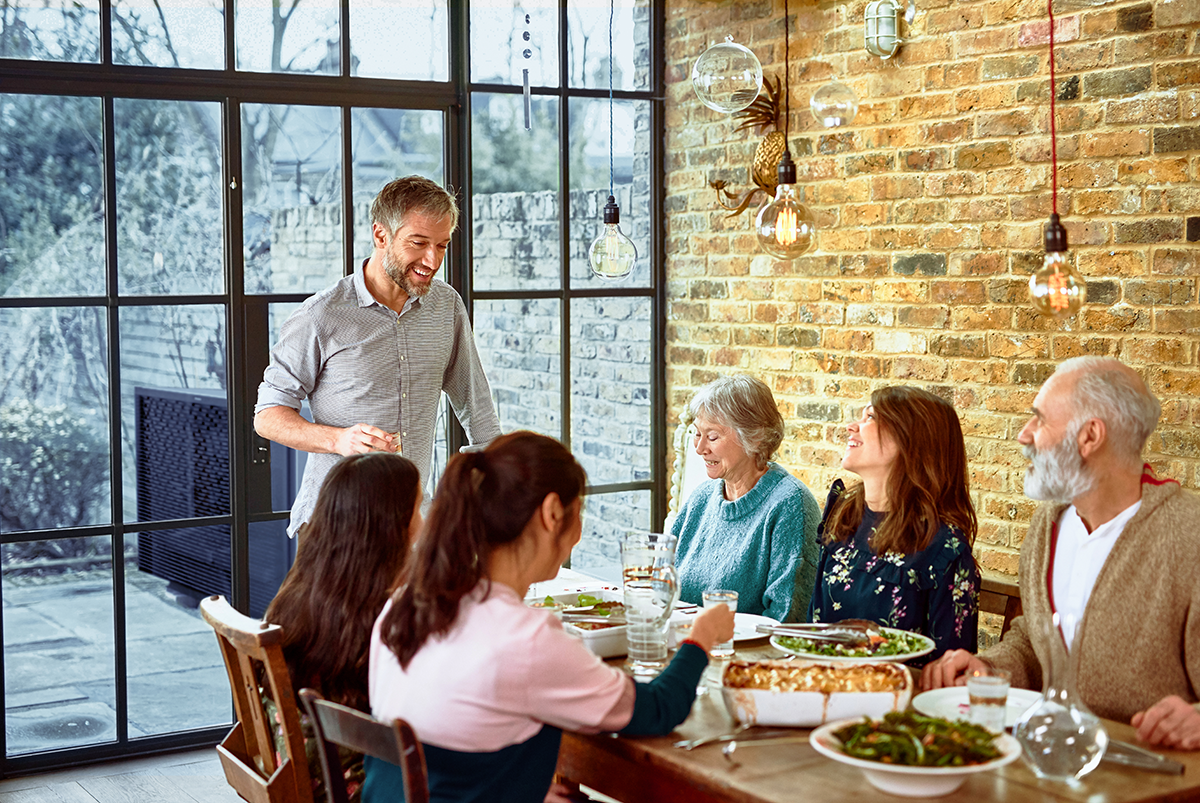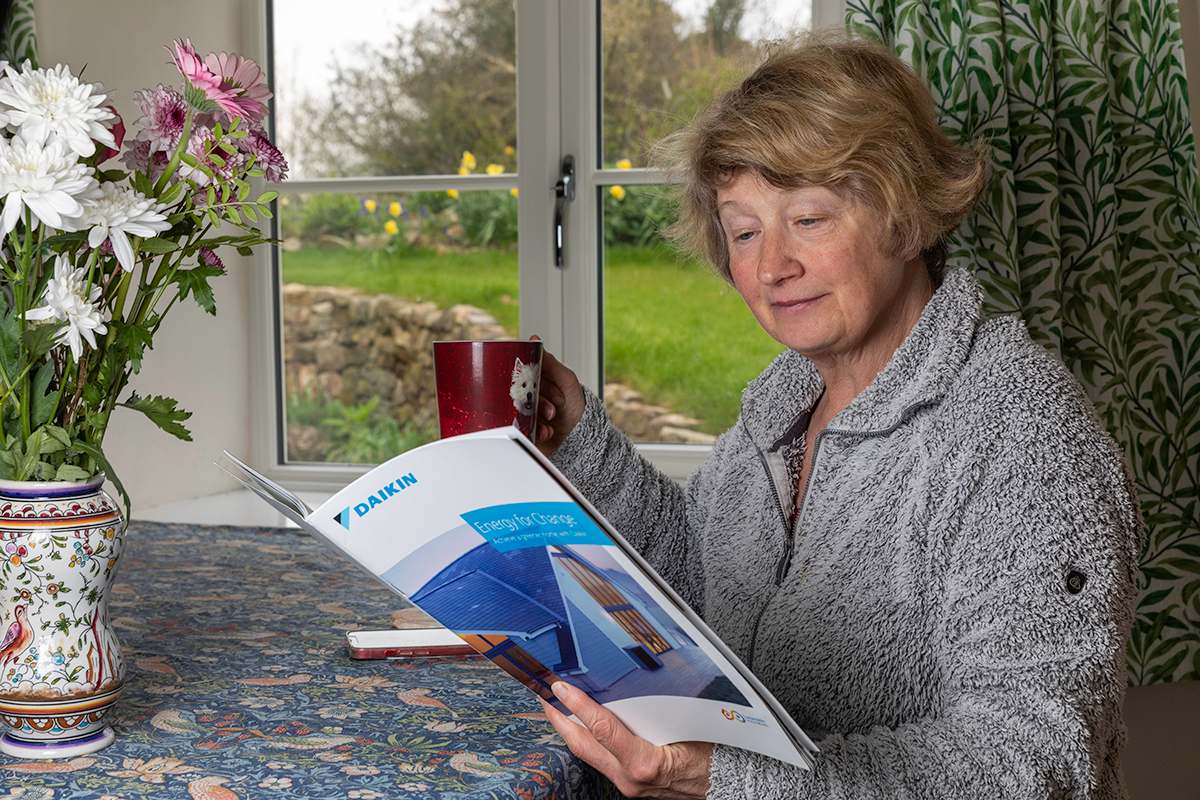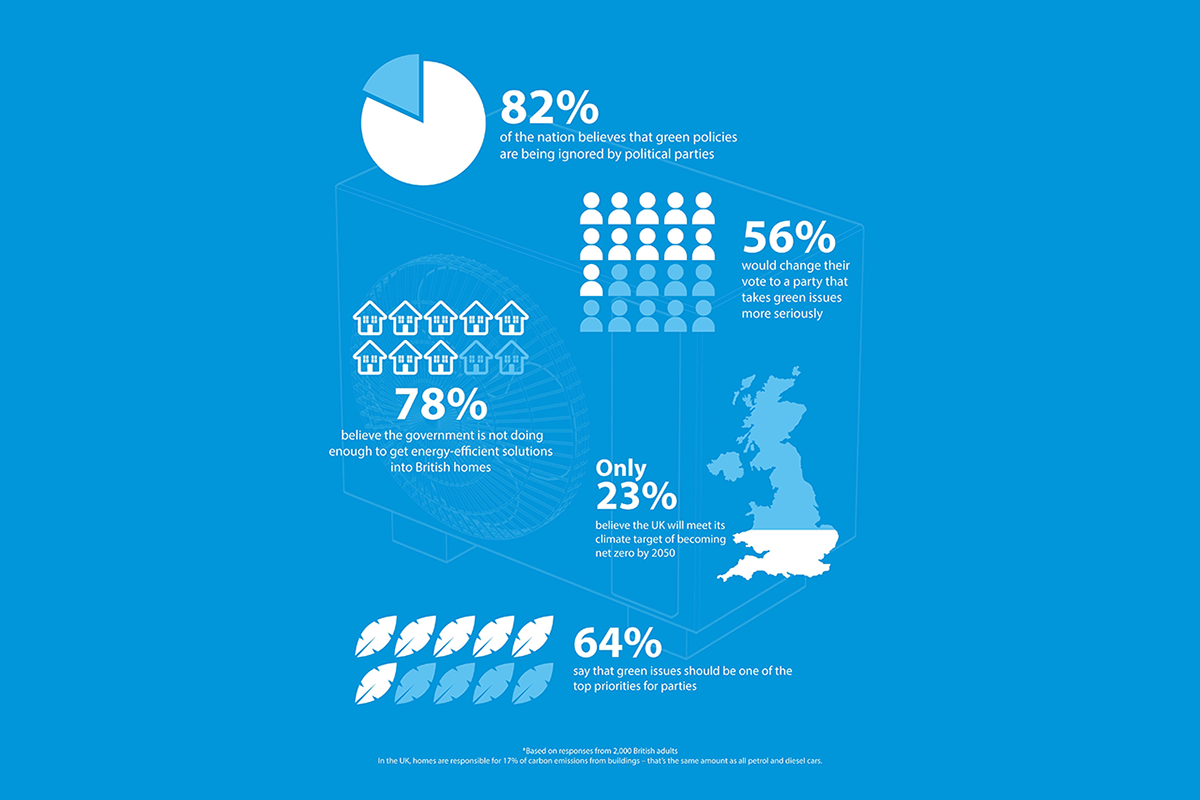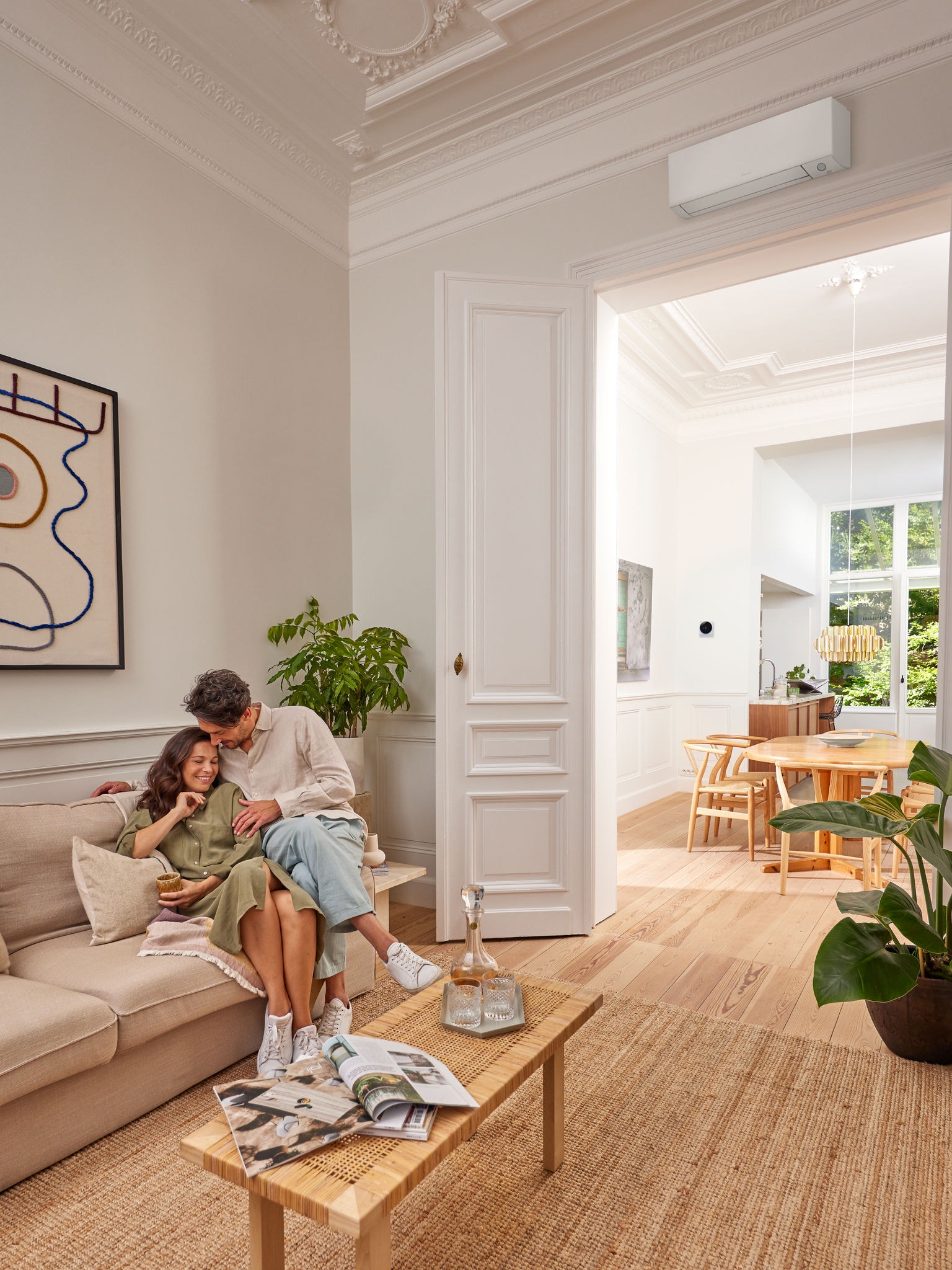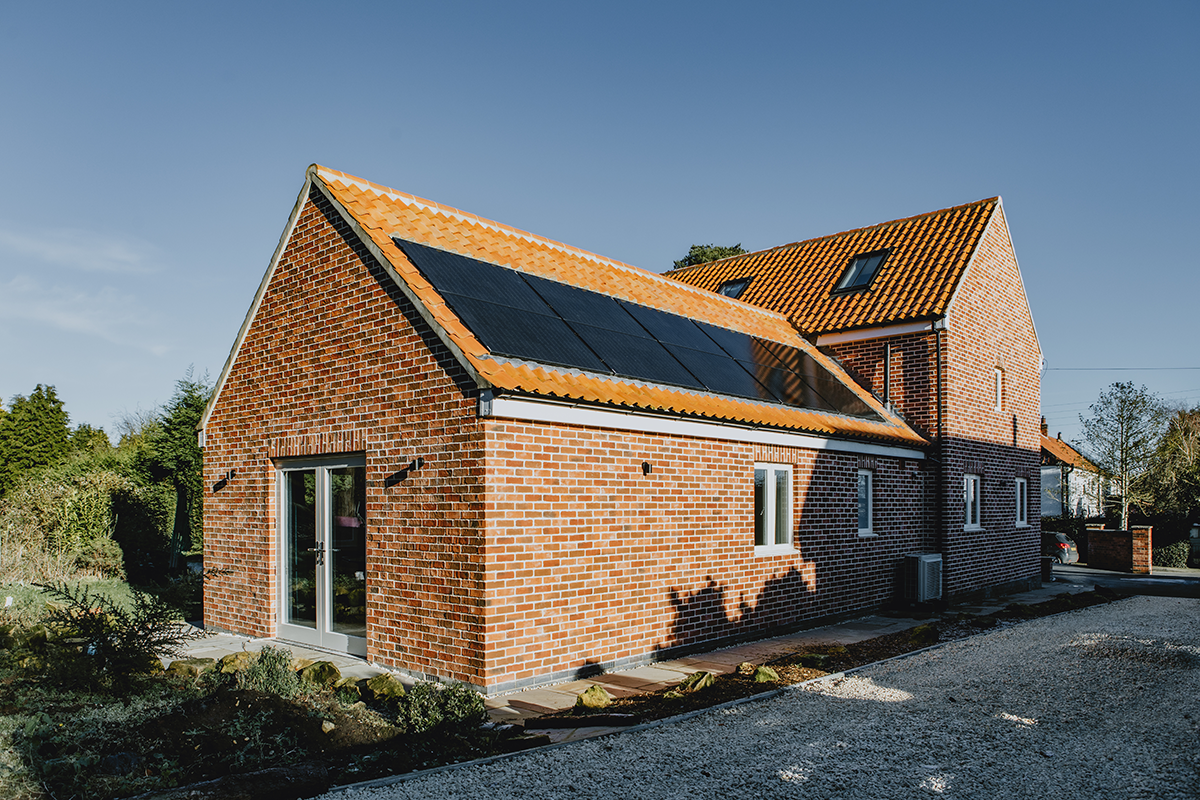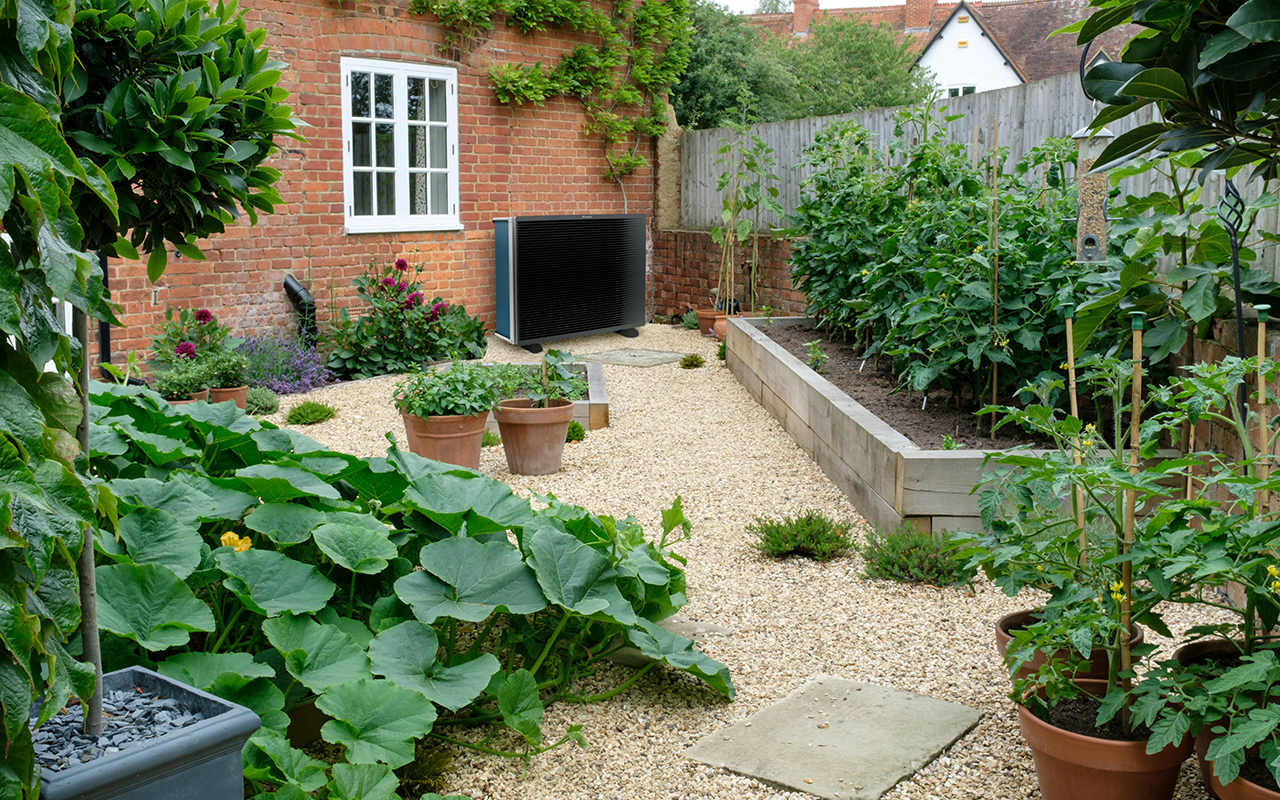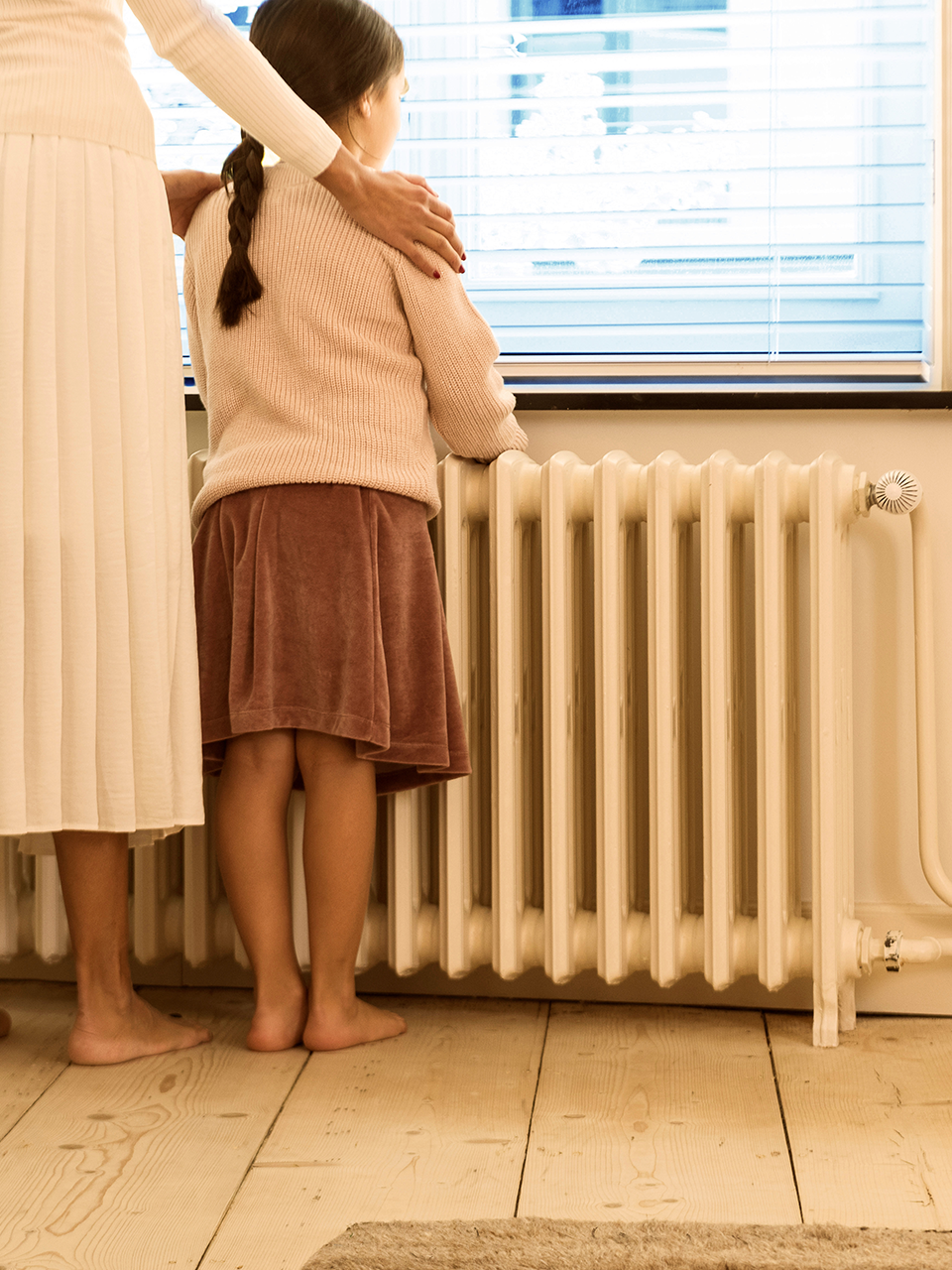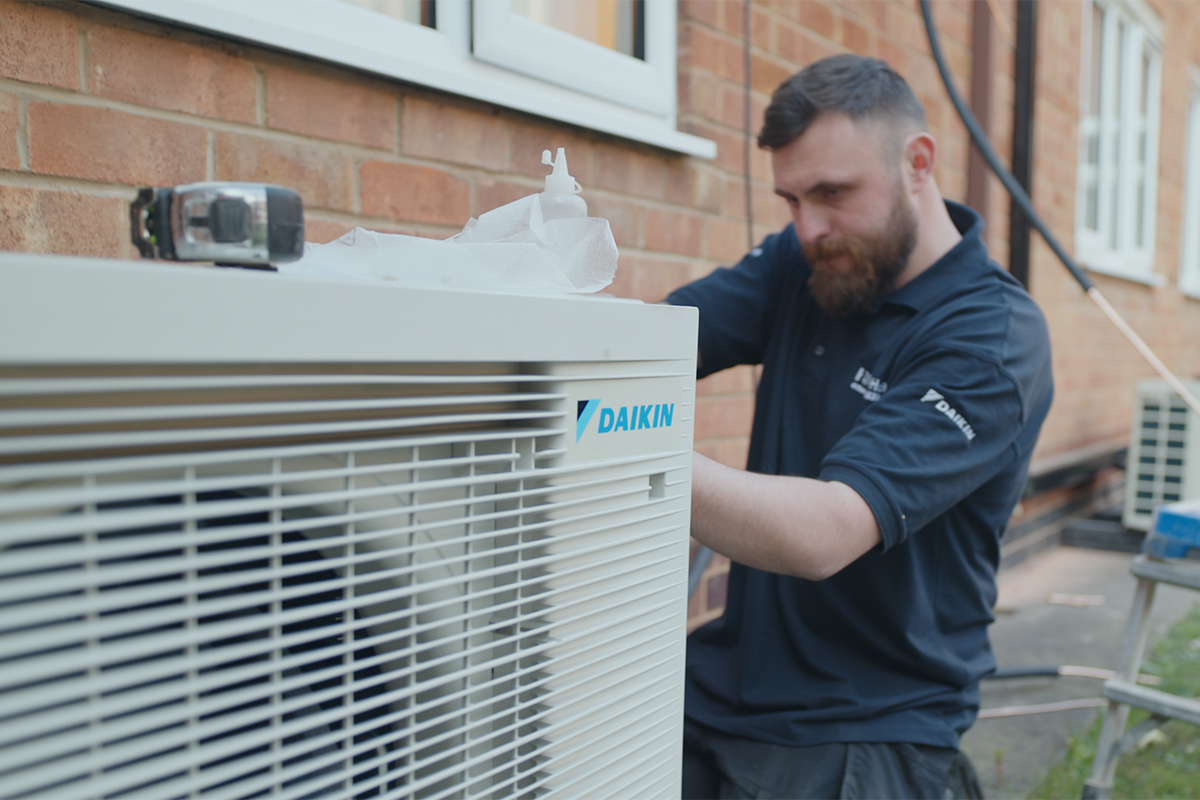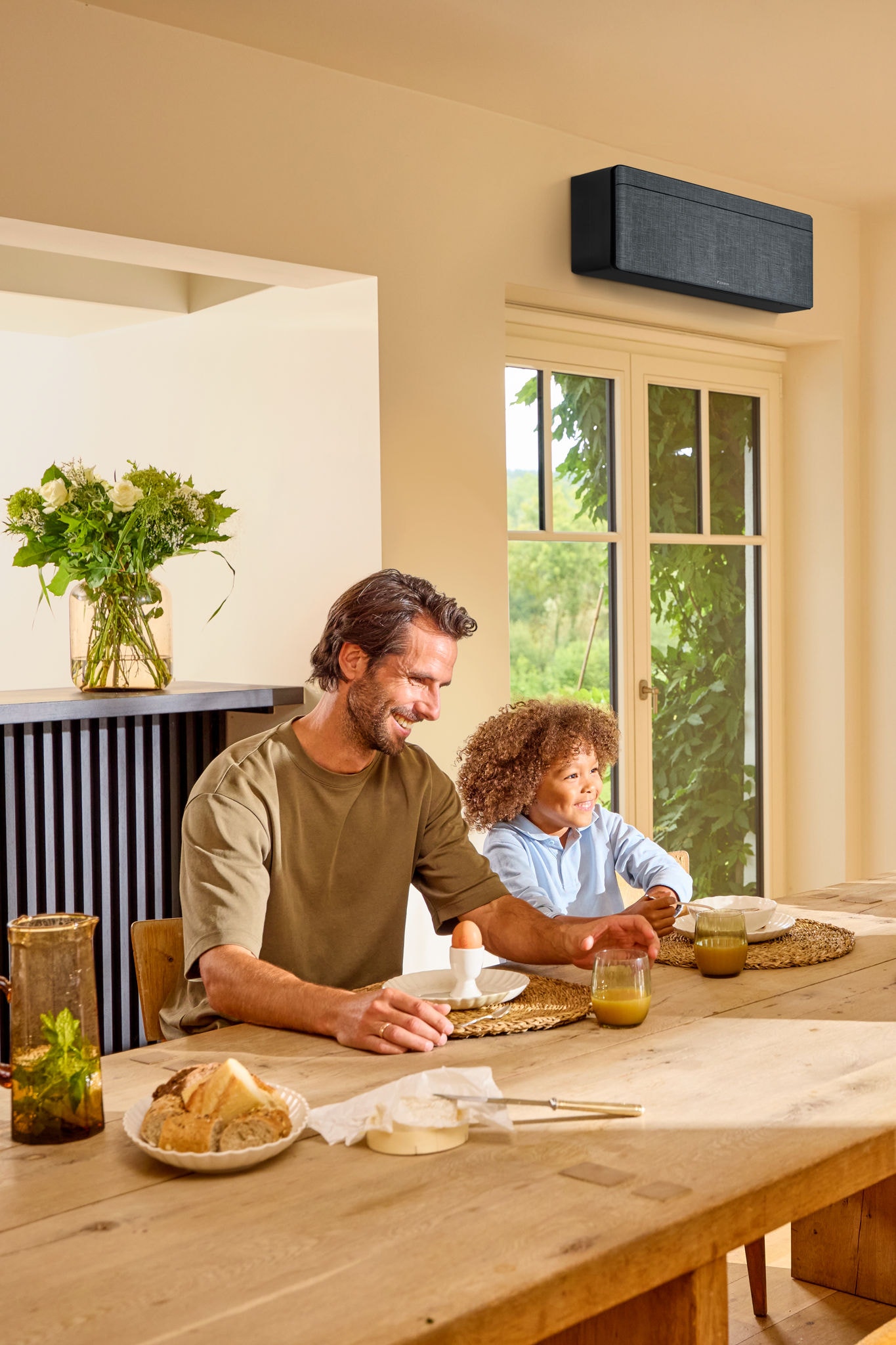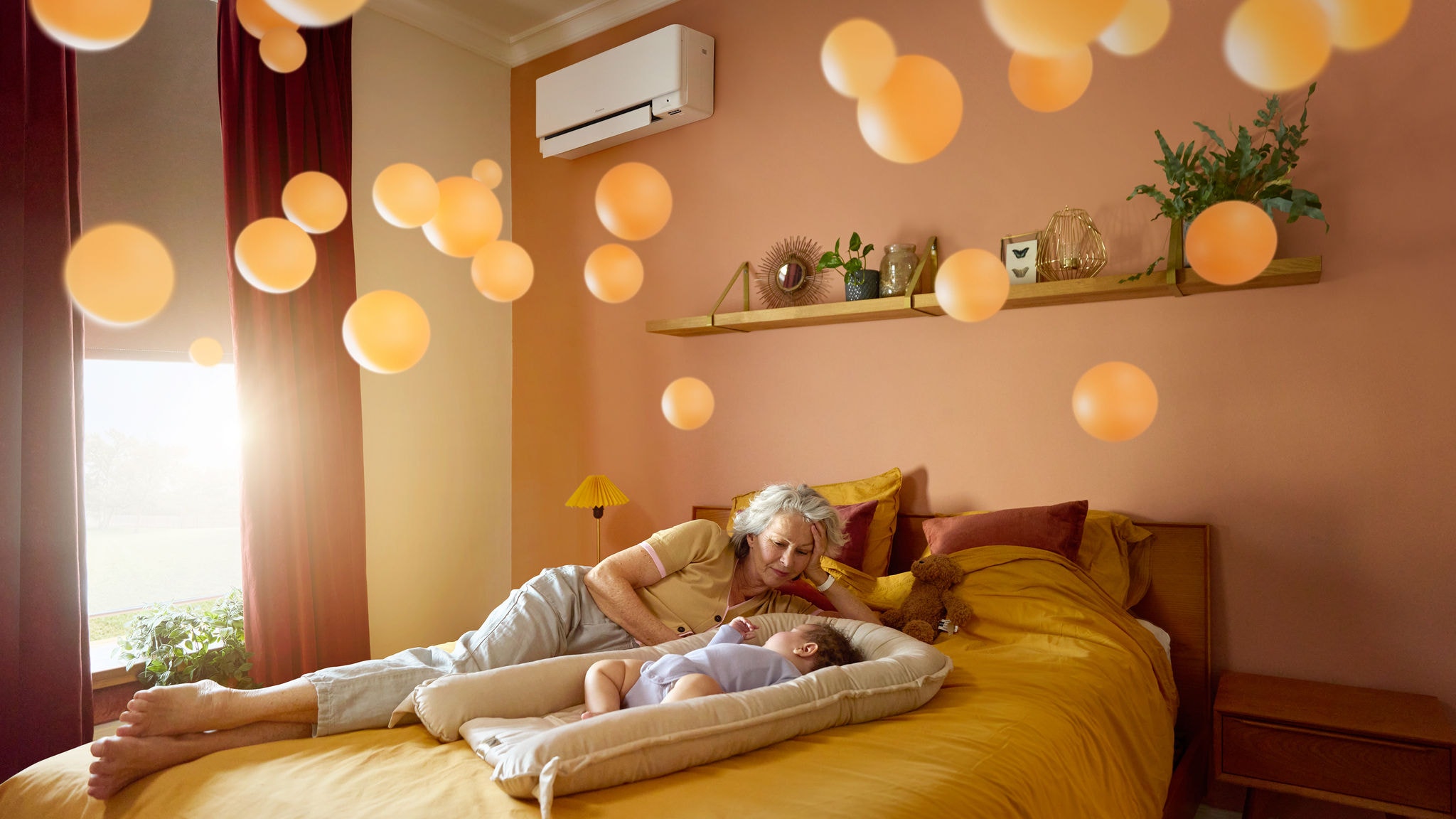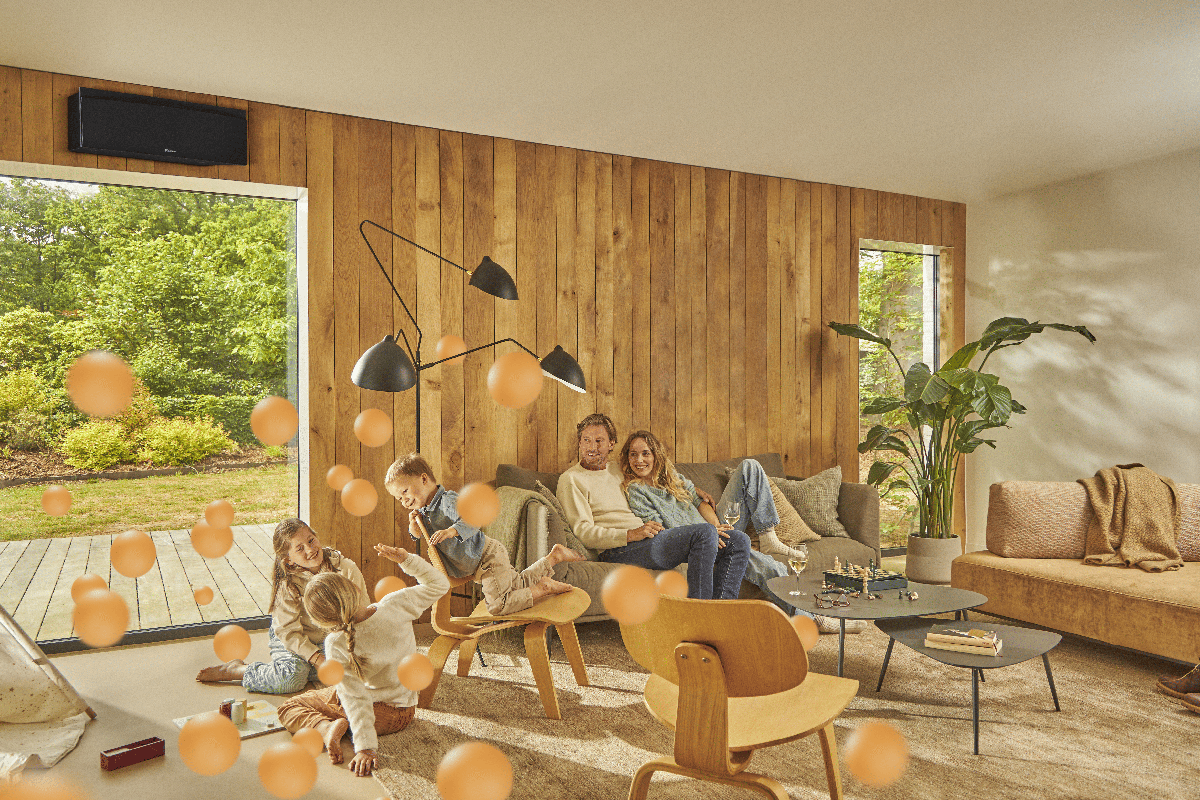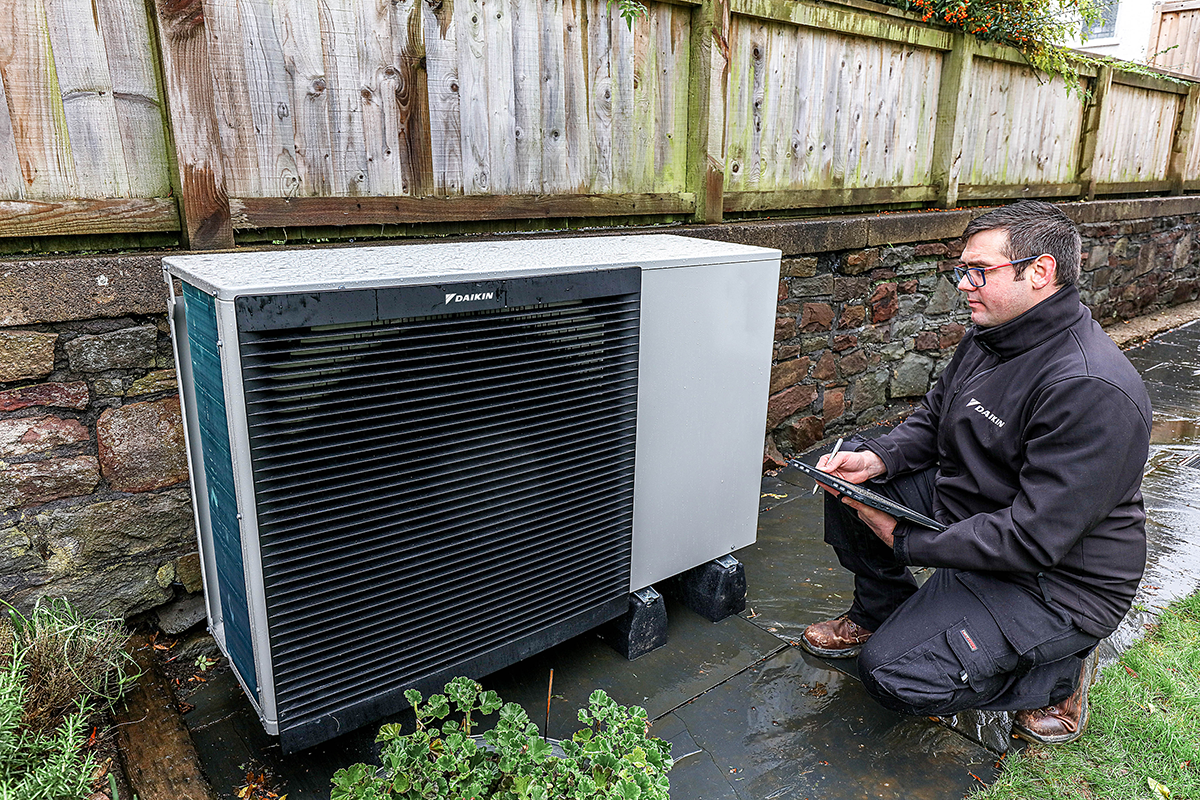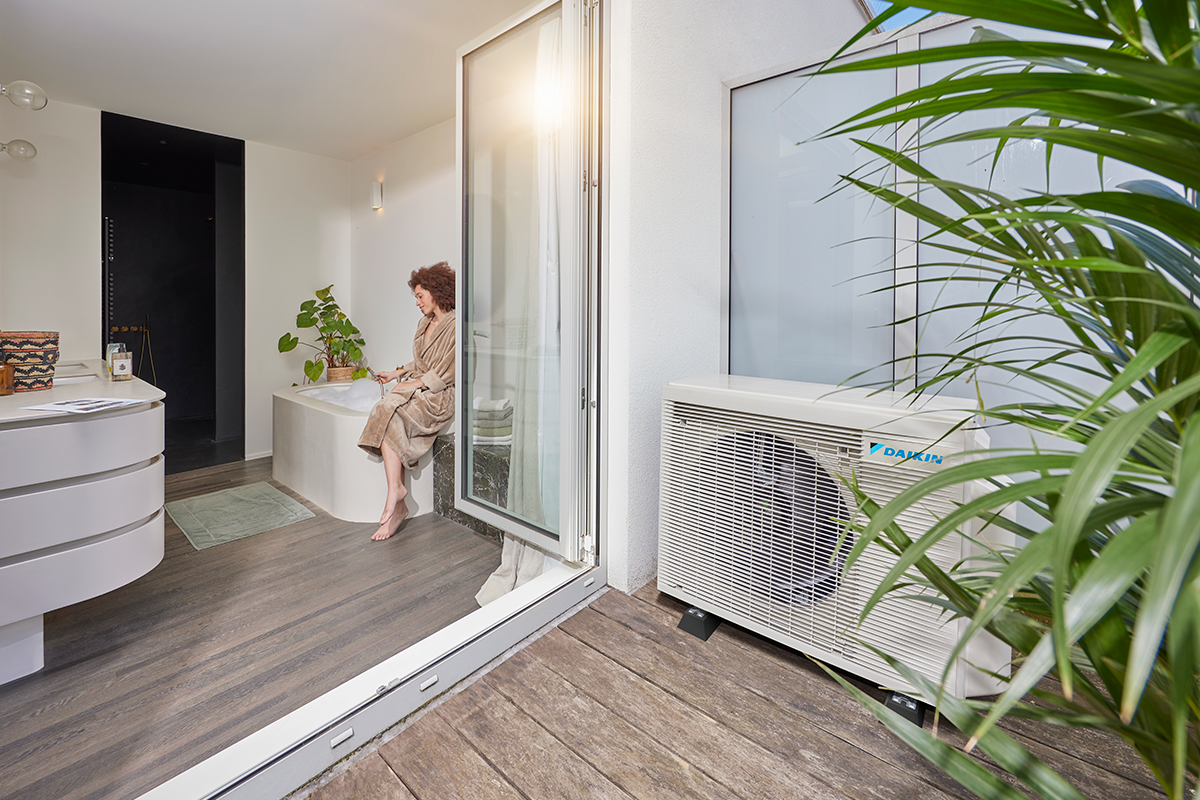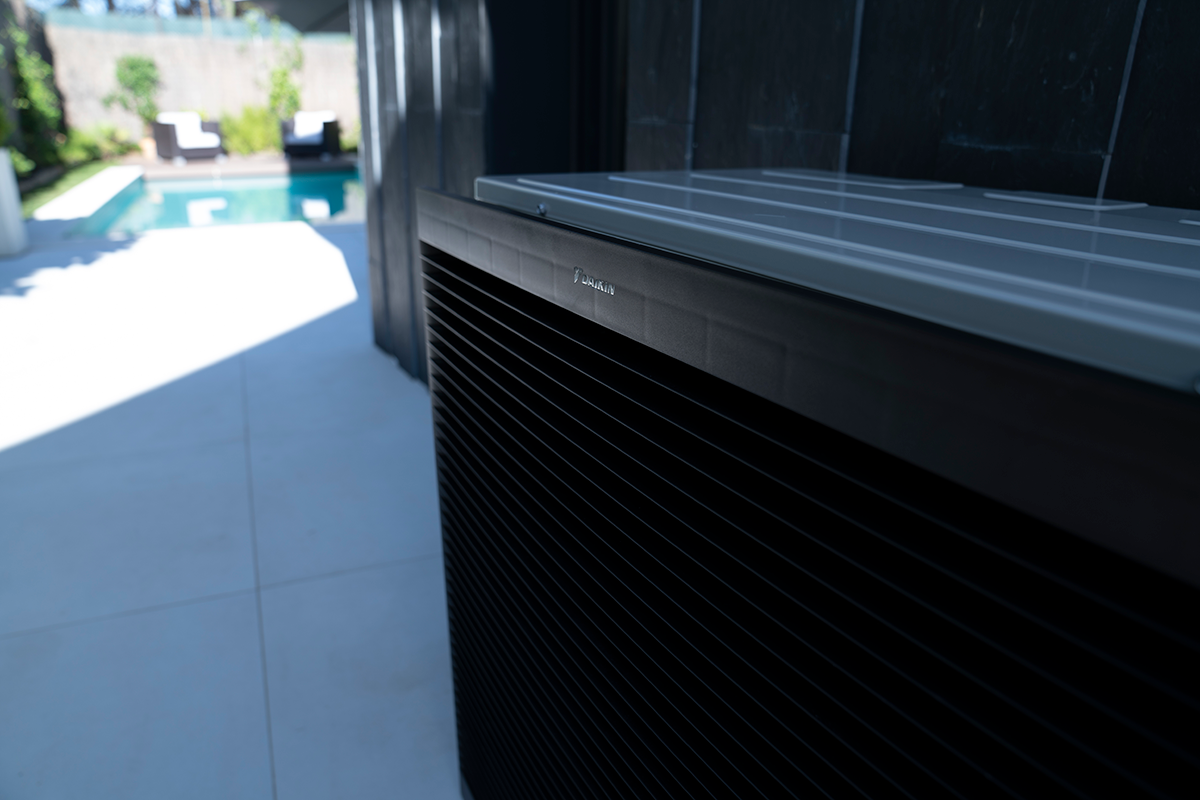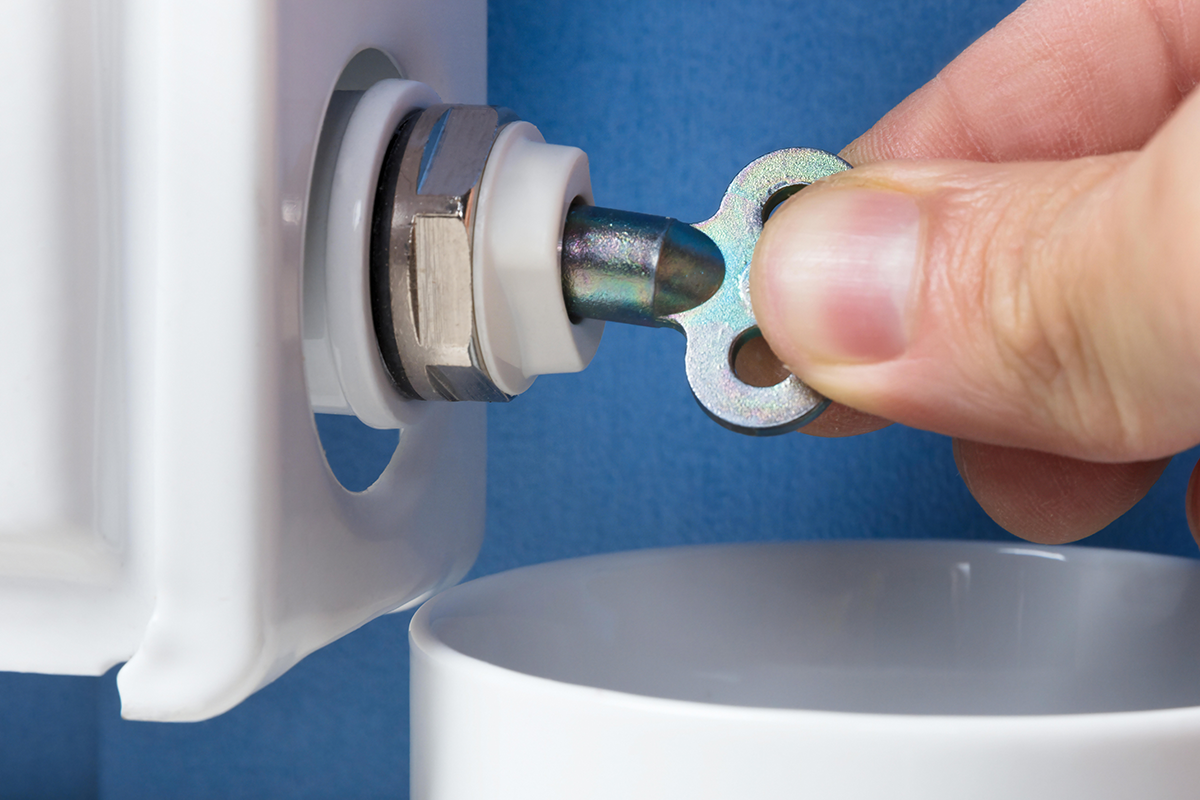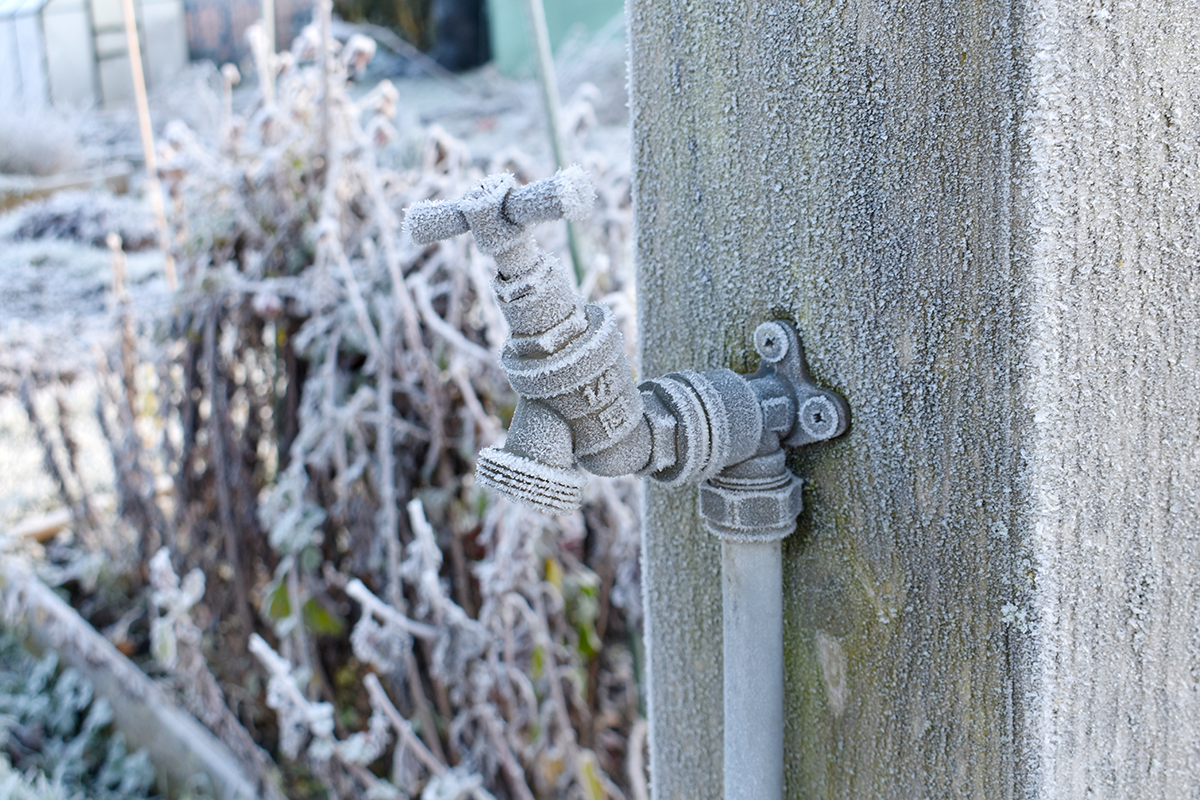Design made for efficiency
These heat pumps are designed for the production of domestic hot water, stored in an enamelled steel tank, with an external jacket to the condenser for maximum safety and hygiene guaranteed

Discover our domestic hot water heat pump
This is what some of our customers say
Watch & learn about heat pumps
Settle back and enjoy learning all you need to know about our solutions with these stories, carefully selected for you
More information about heat pumps
Yes, heat pumps can connect to either old or new radiators.
If you already have radiators in your home, high-temperature heat pumps or hybrid heat pumps (if you’re replacing a gas boiler) can easily connect to them and use existing piping without the need to replace the radiators or carrying out additional works.
The typical lifespan of a heat pump is generally between 15 and 20 years, though this depends on a number of factors. For example, maintenance. Although heat pumps are a low-maintenance solution, an annual check-up by your installer or service partner will help maximise its lifespan.
Yes, heat pumps can be used for cooling, but this depends on the type of emitters you have.
For example, the ideal emitter for cooling with low- or high-temperature heat pumps is a heat pump convector (also known as a fan coil unit). This works similarly to a traditional radiator with the added benefit that it can both heat and cool a room.
Some hybrid heat pumps can connect to air-to-air heat pump (also known as air conditioners), which are another popular heating and cooling solution.
Most heat pumps usually come with an indoor and an outdoor unit. Each unit produces sound when in operation, this sound is generally measured in dBA and these levels range from a scale of 0 dBA to 140 dBA.
When looking at sound levels you will also see specifications given for sound power level and sound pressure level.
Sound power level is the sound level measured directly at the source.
Sound pressure level is the sound level measured at a specified distance (usually 1.5 - 2 metres) from the source.
The indoor units of Daikin heat pumps generally produce a sound pressure level of about 30dBA, which is comparable to the sound of a person whispering.
Outdoor units, since they come in a bigger variety of sizes, range in sound pressure levels between 40dBA and 62 dBA, which are comparable to the sounds of birds a chirping and people having a conversation respectively.
We advice you to consult your chosen Daikin installer, or your government's website, for more information. Find out more about the different incentives on offer, and how to make your eco-friendly home even more affordable.
You can get advice on which type of heat pump is best suited to your home from a Daikin installer, one of our Sustainable Home Centres or using our Heat Pump Calculator.
The price of installing a heat pump varies depending on the type of heat pump you choose and the country you live in.
Other factors that can affect the price are renovation or additional building works (such as insulation) that need to carried out, plus your installer. Different installers will have different prices according to their expertise and experience.
Heat pumps are not very demanding. We advise scheduling an annual maintenance appointment with your installer or service provider to make sure your pump keeps working as efficiently as possible. A typical service would include a number of standard checks, as well as a thorough cleaning of the unit and filters.
Experience the Daikin difference
We've selected some informative and inspirational articles for you to learn more about how Daikin can help you
